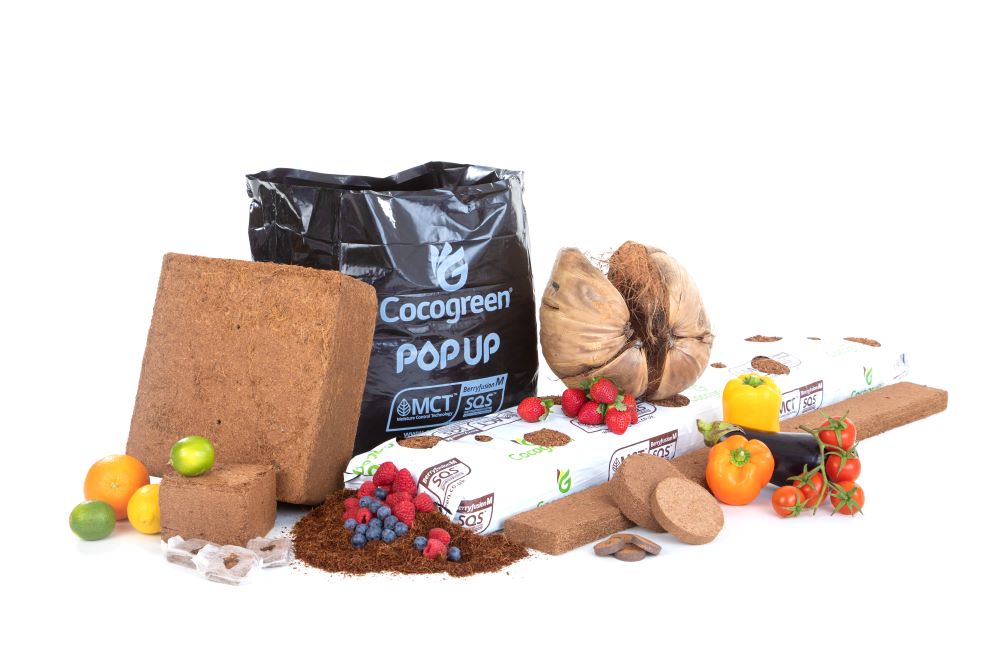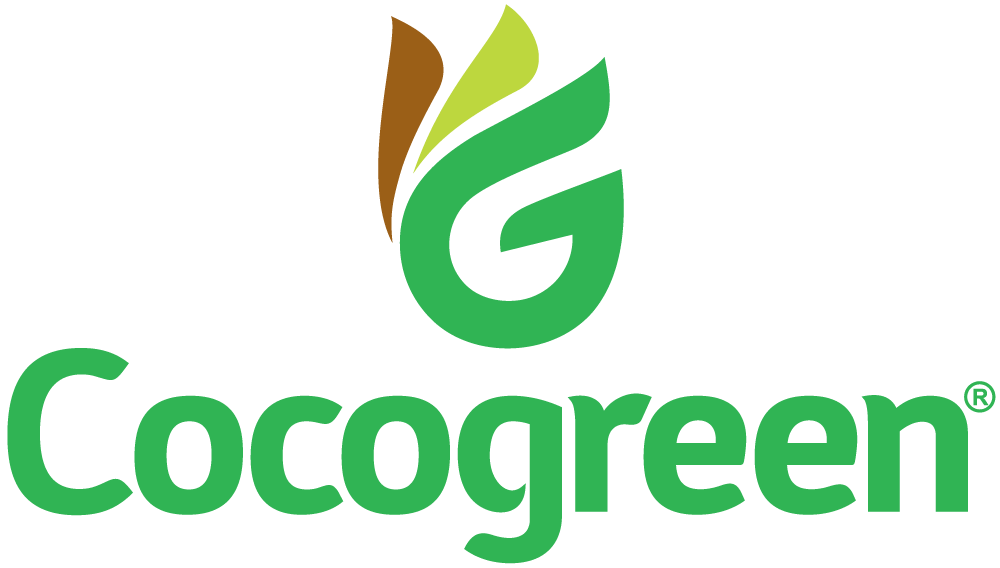

Ahead of the Manchester World Trade Summit, we speak to Thomas Ogden the co-founder and group commercial director at Cocogreen - about his company's plans for Brexit and why they're taking the lead on sustainable trade practices.
Thomas will be speaking on an exporter case study panel at the Summit on February 12th.
Significant growth but Brexit challenges
Hello Cocogreen! You are of course members of the IOE&IT and will be speaking at our Manchester World Trade Summit in February, but for those who don't know, what do you do and where do you export to?
Cocogreen is the world’s largest supplier of coconut-based products – called coir substrates – which are used for growing fresh produce, such as berries, tomatoes and pharmaceutical crops. Traditionally, growers have used a controversial, carbon-emitting material called peat to plant their crops into, which is harmful to the environment. We identified a gap in the market for a more sustainable growing media and, for the past 10 years, we have been supplying the global horticultural industry with our environmentally friendly coir substrates.
Cocogreen has seen significant growth in recent years, exporting our products to all corners of the world – from countries in Europe and Asia to South America. Due to our products’ unrivalled benefits for tackling key environmental challenges, they are particularly of interest in regions where arable land is sparse or in countries that have limited water supplies.
You will be speaking on a case study panel about how exporters are preparing for the challenges ahead in Global Trade this year. Of course, Brexit will play a key part. How will you be affected by Brexit and what preparations are you taking for it?
As we export to various European countries, Brexit has already had an impact on our business, especially in terms of currency exchange rates. In order to prepare for post-Brexit challenges, we’ve had to re-develop our financial and business models accordingly.
Going forward, we’ve decided to prioritise non-EU markets for growth, and instead are investing our efforts into countries in South America and Asia, as well as capitalising on domestic diversity and growth.
Taking the lead on sustainability
There's more to Global Trade than Brexit of course, and Cocogreen is very proud of being externally recognised for its 'Quality, Social, Ecological and Environmental Assurance'. What does this mean and what is Cocogreen currently doing to ensure its trade practices are fair and sustainable?
In 2014, we were the first company in the industry to be independently recognised for our quality, social and environmental assurance. The environment is a top priority at Cocogreen, and all of our products are derived from a renewable source – coconuts. We have also pioneered an end-to-end supply chain controlled in-house, which adopts environmentally responsible practices throughout. With control over 2000 hectares of coconut plantations in Sri Lanka, we routinely plant new coconut trees in areas where there were none before.
Social mobility is another key issue at the very heart of our business. At Cocogreen, we employ over 700 people across four continents and it is our main priority to look after and develop our team. We have set the standards in this area and have received world-renowned social certifications for our global practices.
We have also been honoured to receive the UK’s most prestigious accolade for outstanding growth in export with The Queen’s Award for Enterprise in International Trade - 2018. This has been a key highlight in our company’s history and is a privilege to be recognised for all of our hard work and achievements. In the same year, we also made finalists in the UK’s National Business Awards.
Knowledge is power
The World Trade Summits are put on by the IOE&IT to allow members and other traders in each region to network and share best practice. What would you say to businesses who are unsure about whether to come or not? Why should they?
Knowledge is power. It’s a great chance for guests to learn from international business people about what makes their companies a success in global trade. It also gives them the opportunity to ask questions on any challenges they’re currently facing in today’s tough climate.
The events are also an opportunity for businesses new to exporting to learn about Global Trade and how it's done. What major tips would you give to these new exporters?
Make sure that they take their time and do the research. It is crucial that they visit the country they are planning to export to, meet the people and understand the culture. It sounds simple, but it’s surprising how many people are arrogant when it comes to truly understanding the country they want to target. It is also important that they put the right plans in place and are capable of taking on a major challenge.
Sign up to the Manchester World Trade Summit to meet companies like Cocogreen. Members of the IOE&IT can go for free and it costs just £15+VAT for non-members:



